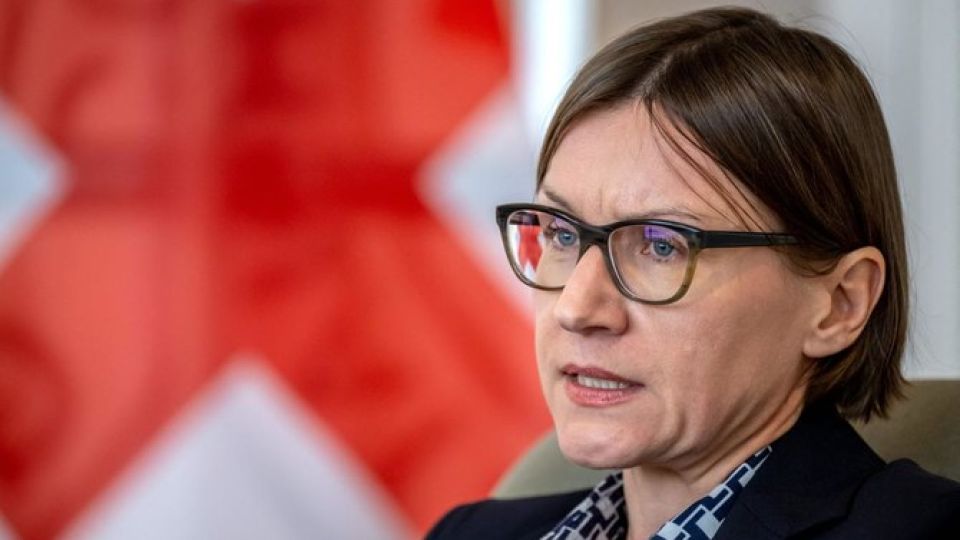from RAJI BASHIR in Khartoum, Sudan
Sudan Bureau
KHARTOUM, (CAJ News) – THE Sudanese Armed Forces (SAF) has released 30 children previously detained in relation to the ongoing conflict.
The International Committee of the Red Cross (ICRC) facilitated the release.
ICRC played the role of neutral intermediary during the release operation, organising the safe transportation of the minors by road from the capital Khartoum to the east-central Wad Madani.
Red Cross delegates checked on their health and any concerns they might have prior to travel, provided them with clothes and hygiene items, and will be supporting them to re-establish contact with their families.
“The children released today (Friday) should first and foremost be considered as victims of this conflict,” said Katja Lorenz, the ICRC’s head of delegation in Sudan.
“We are relieved that they are released from detention and moved away from an area of active hostilities to an environment that is more appropriate for their situation and from where they can eventually be reunited with their families,” Lorenz said.
The Ministry of Social Development will take custody of the 30, with ICRC teams following up on their situation and working to reconnect them with their family members.
The release of the children on Friday coincided with ICRC President, Mirjana Spoljaric, visiting the border region between Chad and western Darfur to see the humanitarian consequences of the conflict there.
As fighting between SAF and the Rapid Support Forces (RSF) continues, over 150,000 Sudanese refugees are now in Adré, on the border.
Most of the refugees are women and children fleeing extreme violence that has ravaged their homes and villages since April.
Spoljaric spoke with Sudanese refugees and local authorities in Adré.
“We are trying to make sure that they can at least contact their families,” she said.
“It is a primary concern for them to know where their relatives are. But they also need to be able to subsist on something,” Spoljaric said.
With limited resources and growing needs in eastern Chad and Sudan, the ICRC is appealing to its donors for additional funding to help those in need.
– CAJ News

